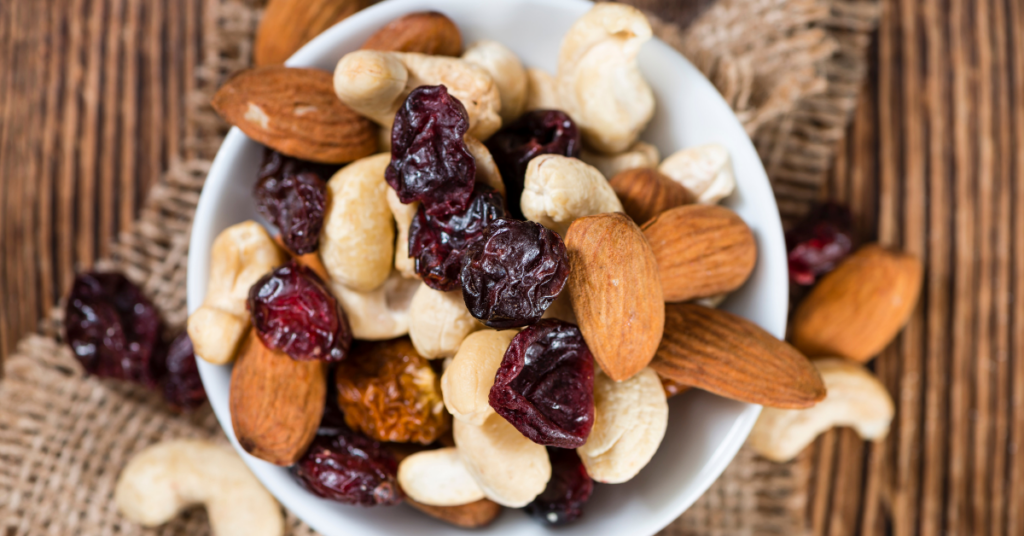
Article at a Glance:
- New research shows plant protein can support recovery and performance just as effectively as animal protein in younger adults.
- When properly formulated and consumed in adequate amounts, plant proteins help drive improvements in performance and recovery, not just muscle growth.
- Elite athletes like Novak Djokovic, Lewis Hamilton, and Venus Williams are showing that plant-based performance is more than possible; it’s powerful.
Elite athletes don’t make decisions based on trends. They make decisions based on results. So when you hear that more athletes are turning to plant-based protein, it’s worth asking: does it work?
For years, animal protein was the go-to for muscle growth. And to be fair, it had the science to back it up. But new research is shaking that foundation. For athletes, plant protein can be just as effective for supporting muscle-building processes as whey, casein, or chicken when it’s formulated correctly.
That means you no longer have to choose between your performance and your principles.
The Science Is In: Performance Without Compromise
A 2025 systematic review and meta-analysis evaluated 12 studies that directly compared plant and animal protein sources in terms of their impact on muscle protein synthesis (MPS) — a key biological process involved in muscle repair, adaptation, and recovery after training.
Here’s what it found:
- Adults (18–54) saw no significant difference in how plant and animal proteins supported recovery and physical readiness when intake was matched.
- In 75% of studies, plant protein performed just as well in helping the body bounce back and adapt to training, provided people ate enough protein overall, specifically leucine, the amino acid that helps trigger recovery and growth.
So what does this mean for high-performing athletes? If you’re consuming enough high-quality protein, regardless of source, you can still effectively stimulate all the necessary processes required for performance.
This breaks the myth that animal protein is superior by default. In reality, total intake and amino acid profile matter far more than the source. For athletes who want their nutrition to reflect not just performance but also their values, plant protein offers an ethical edge.
The Ethical Edge (Without Sacrificing Performance)
Elite athletes don’t change what works unless something better comes along. If a method doesn’t help them train harder, recover faster, or stay at the top of their game, it doesn’t stay in their routine.
That’s why the rise of plant-based athletes is worth paying attention to:
- Novak Djokovic, world No. 1 tennis player, credits his plant-based diet for reducing inflammation, boosting energy, and sharpening focus.
- Lewis Hamilton, seven-time Formula 1 champion, says switching to a plant-based diet left him saying, “I’ve honestly never felt better.”
- Venus Williams, after being diagnosed with an autoimmune disease, embraced plant-based eating to regain her energy and stay competitive.
For many athletes, the shift to a plant-based diet isn’t just about ethics—it’s about tangible benefits. Reduced inflammation, improved recovery, lighter digestion, and sustained energy levels are all commonly cited advantages. As training demands grow more intense, recovery becomes just as critical as effort, and plant-forward diets appear to support both.
Still, until recently, one piece was missing: a plant protein designed specifically to meet the demands of elite performance. Now, that’s changed.
Performance-Ready Plant Protein
With more athletes leaning into plant-based strategies, the performance nutrition space needed to evolve. The demand wasn’t just for more protein, it was for smarter protein. A solution that didn’t require endless combining, guesswork, or sacrificing digestibility for amino acid density.
That demand paved the way for innovation.
NutriMatch™ was created to take plant protein to the next level. It removes the guesswork with a precision-formulated blend that addresses the two biggest limitations of older plant proteins:
- A complete amino acid profile, using complementary plant sources to match what you’d find in whey
- Optimized leucine content, to spark the muscle repair and adaptation process after training
And it doesn’t just work on paper. It’s smooth, easy to digest, and uses clean-sourced ingredients, free from the bloat and breakdown issues common in legacy plant blends.
If athletes are switching, the data supports it, and there’s finally a formula built to deliver, then the question isn’t can plant protein keep up…
It’s: why wouldn’t you switch?
LiveComplete Takeaways
- High-quality plant proteins can support recovery and performance when appropriately formulated and dosed.
- The scientific narrative is evolving, making room for athletes who want results and values to coexist.
- Precision protein innovations like NutriMatch™ are redefining what plant-based can be — efficient, complete, and ready for the demands of sport.
Plant protein, once seen as a compromise, has earned its place at the performance table. The rise in plant-based athletes isn’t just a trend, it’s the result of real-world benefits and a growing body of research. Athletes are embracing plant-based diets and precision proteins for their potential to reduce inflammation, improve digestion, and support more efficient recovery. These benefits aren’t limited to elite competitors, they’re increasingly relevant for active individuals seeking longevity, consistency, and sustainability in their training.
For active adults and high performers alike, plant protein now supports strength, endurance, and long-term progress, without forcing a choice between values and results.
Choose performance without compromise. Try LiveComplete Precision Plant Protein today.
Sources:
1. Mendes, Bricia, et al. Effects of Plant- versus Animal-Based Proteins on Muscle Protein Synthesis. 26 Feb. 2025. https://doi.org/10.51224/srxiv.526



